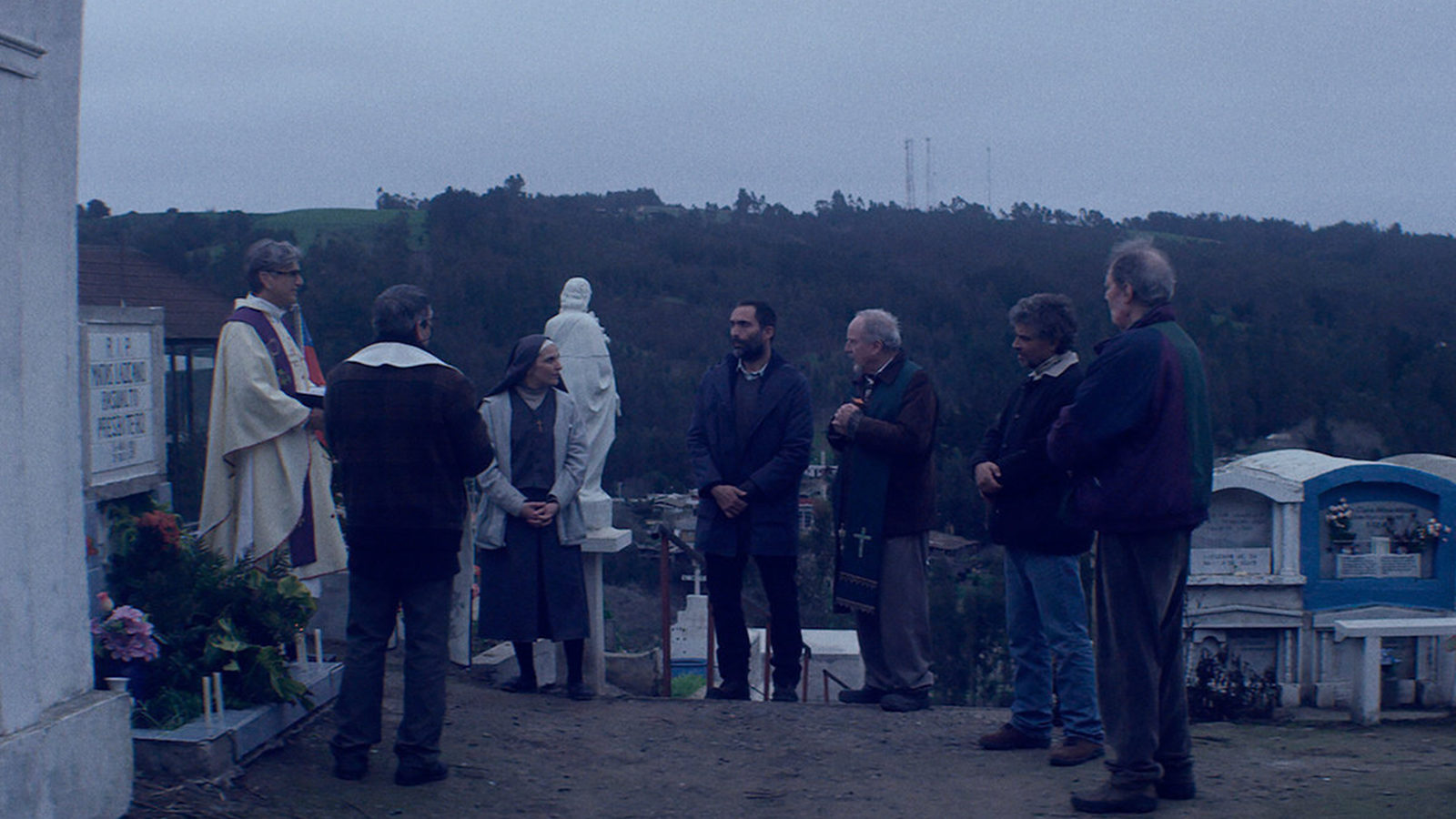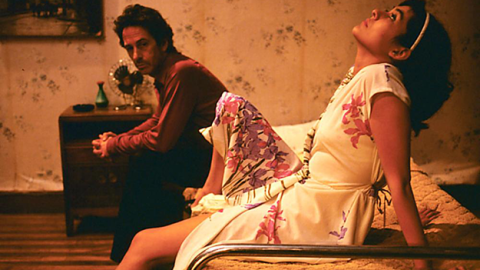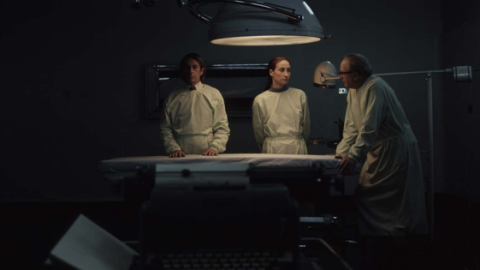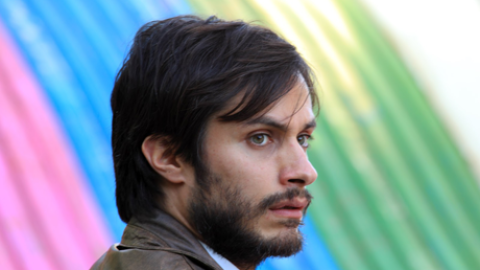
Short Takes: The Club
Piety and blasphemy are all the same in Pablo Larraín’s boisterous denunciation of the Catholic Church. Defrocked for transgressions ranging from pedophilia to baby trafficking, four middle-aged priests live together in a house of penitence in a remote Chilean coastal town. Their quiet, anonymous existence, is overseen by a methodical guardian angel, Sister Monica (Antonia Zegers), until a fifth sinner turns up and unleashes demons from the past.

In a film permeated by a sense of doom, Larraín’s expressionistic use of lens distortion entraps the characters, suggesting that there is no place to hide when the truth erupts like vomit. But what makes The Club stand out so vividly from other recent depictions of religious corruption is its unabashed, impartial humanism. This is a film about the deepest yearnings of the soul and the eternal conflict between self-assertion and self-denial (the latter of which Christianity sees as the path to the former).
Alfredo Castro’s Father Vidal most fully embodies the tormented divine ideal. But when the threat of exposure arises, he is no less reluctant to take a dark path. At bottom, The Club concerns itself with the chain reaction of evil, whereby victims and perpetrators ultimately suffer at the hands of the same exploitative system. When, in the finale, Sister Monica asks, “Will you kill me? Will you forgive me?” Vidal’s answer is: “No, motherfucker.” Neither murder nor forgiveness is possible, at the crossroads of heaven and hell.






